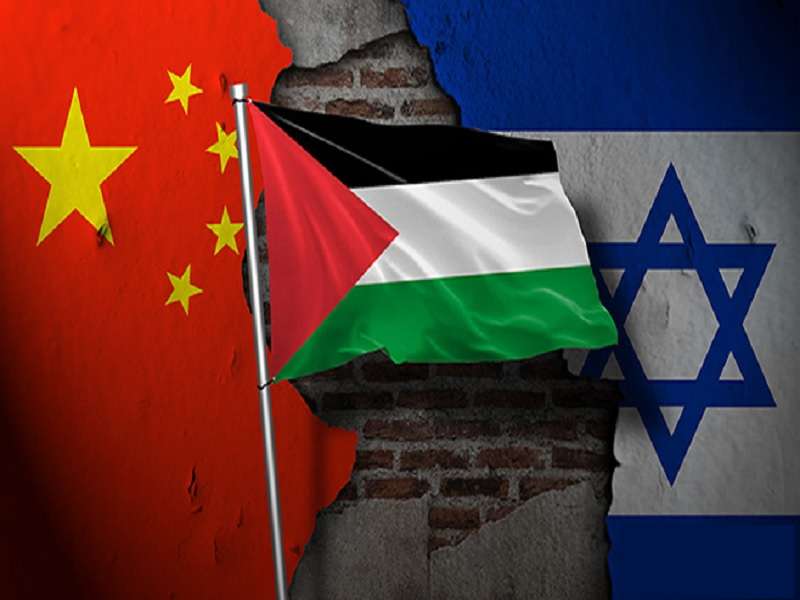Chinese Foreign Ministry spokeswoman Mao Ning said during a press conference on Tuesday that “The legitimate national rights of the Palestinian people need to be realized and the reasonable security concerns of Israel need to be paid attention to.” She then repeated this in response to a Bloomberg reporter later asking whether he heard her comments about this correctly. The reason why they asked for confirmation is because this represents a shift in popular perceptions of China’s rhetoric.
Although Mao claimed that “It has been China’s consistent position”, her country’s media and officials have harshly criticized Israel’s military campaign in Gaza over the past year despite the security-related reasons behind it, which Beijing implied were unreasonable. This tacit approach enabled the People’s Republic to present itself as a champion for the Palestinian cause and thus win more support among the region’s Muslim-majority population.
Its calculations now appear to be changing after Israel’s devastating strikes against Hezbollah over the past month, that group’s deputy leader endorsing a ceasefire for the first time without preconditioning it on stopping the Gaza campaign, and reports about secret US-Arab talks with Iran on a regional ceasefire. The military-diplomatic dynamics of what can now be described as the regional Israeli-Resistance War have therefore shifted against the latter so China risks losing influence if it doesn’t recalibrate its policy.
Observers should remember that its previously harsh rhetoric was never followed up with any actions against Israel such as sanctions, and everything was always worded in such a way as to leave open the possibility of flexibly changing its approach if circumstances required, as is now arguably occurring. The same goes for Russia, whose media and officials have also harshly criticized Israel even though the Kremlin never sanctioned it or even symbolically designated it as an “unfriendly country”.
Both also previously spoke about the importance of ensuring Israel’s security, with an example from China here and Russia here, but such statements were overshadowed by their harsh criticisms till now. The military-diplomatic tables decisively turned over the past month, however, so they no longer want be associated as much with what’s increasingly being seen as the losing side since that could make it more difficult for them to be invited by Israel to any peace talks if they’re held in a multilateral format.
The only way to counter those perceptions is by loudly reaffirming the reasonableness of Israel’s security concerns. China and Russia each have some political ties with the Resistance even though Iran’s far surpasses theirs, and these groups might want them present in some capacity when negotiating peace with Israel, though Israel is unlikely to agree unless it’s convinced that they respect its interests. It’s now in a better position to dictate its terms, after all, so it can be selective about who attends such talks.
There’s also the possibility that Israel bilaterally negotiates with each of the Resistance groups that it’s fighting or relies on Arab-US mediation instead of replicating the Ukrainian format of multilateralizing the peace process, thus cutting China and Russia out of it entirely. Even in that case, however, their change of rhetoric – or rather, loud reaffirmation of overshadowed statements – would still be beneficial by aligning them closer with the winning side in order to better prepare for the post-war regional future.
